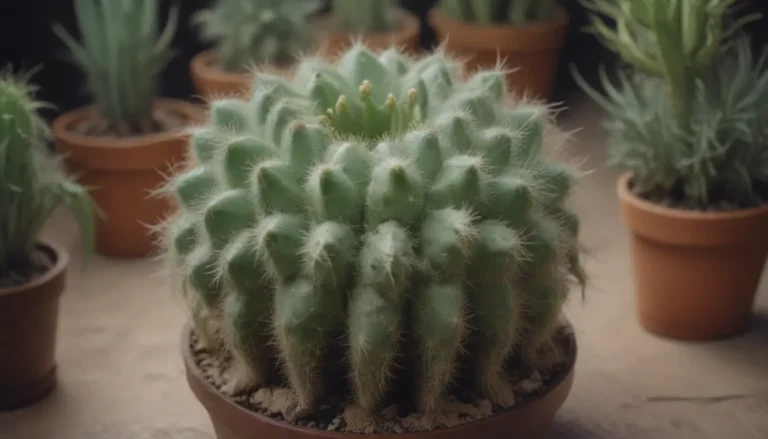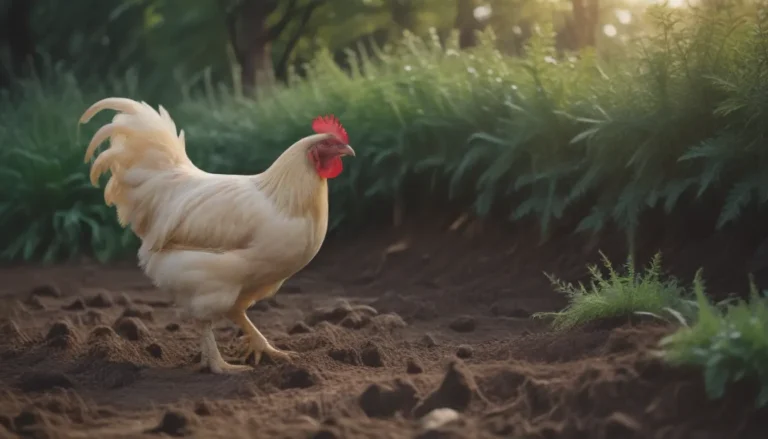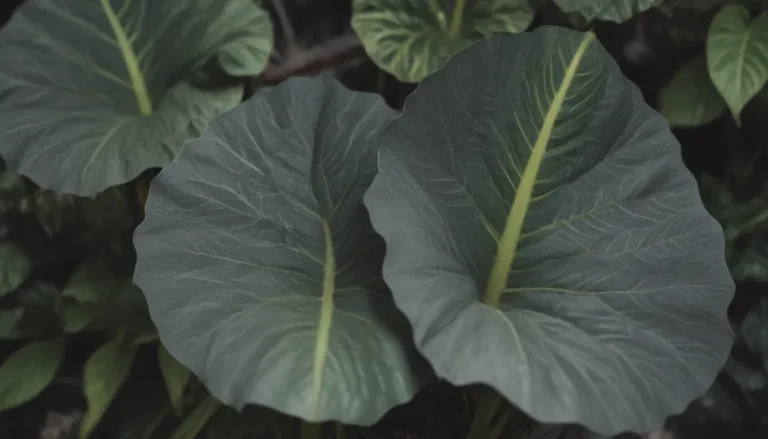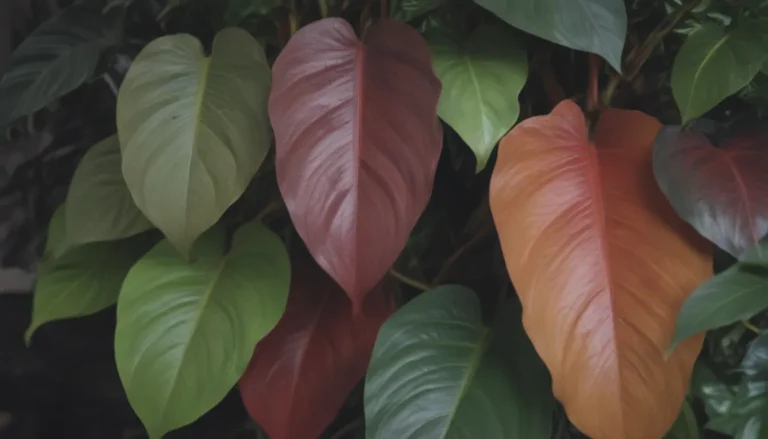Keeping Your Kitty Safe: A Comprehensive Guide to Orchids and Cats
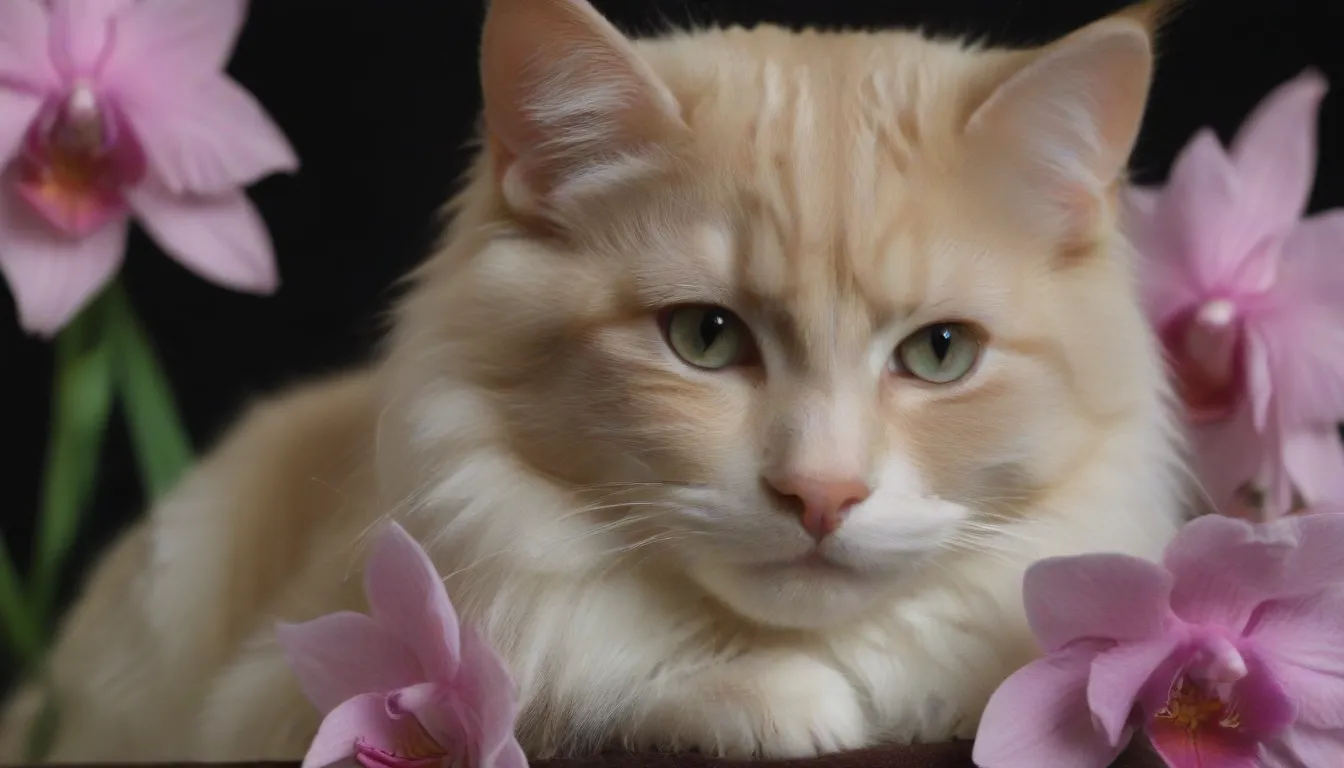
If you’re a plant lover and a cat parent, you may be familiar with the struggle of keeping your furry friend away from your beloved houseplants. The American Animal Hospital Association (AAHA) has identified plants as one of the most common pet toxins, making it essential to understand which plants are safe for your feline companions. Today, we’ll delve into the world of orchids and cats to determine if these gorgeous flowers are toxic to our four-legged friends.
Are Orchids Toxic to Cats?
It’s not uncommon for cats to be curious about plants and occasionally nibble on them. However, this behavior can have consequences, especially if the plant is toxic. So, are orchids safe for cats? The good news is that most orchid species are considered non-toxic to cats and dogs. While there are over 25,000 species in the Orchidaceae family, popular varieties like the Phalaenopsis orchid are generally safe for pets. However, it’s essential to be cautious, as there might be rare species or hybrids that could pose a risk.
Most Orchids Aren’t Toxic to Cats
The American Society for the Prevention of Cruelty to Animals (ASPCA) lists the Phalaenopsis orchid genus as non-toxic to both dogs and cats. While there are no reports of serious toxicity in cats from ingesting orchids, it’s essential to exercise caution, especially with lesser-known varieties like lady’s slipper orchids (Cypripedium spp.), which may cause mild skin irritation.
Nontoxic, but Still Problematic
Although orchids are generally safe for cats, it’s best to prevent your furry friends from munching on them regularly. Cats are obligate carnivores, and consuming plant material can lead to gastrointestinal upset and vomiting. Moreover, there’s a risk that the plant may have been treated with herbicides or pesticides harmful to cats. If you suspect your cat has eaten part of an orchid, monitor them for signs of illness, such as vomiting. If symptoms persist or worsen, seek veterinary assistance promptly.
Why Cats Are Attracted to Orchids
Cats have a natural instinct to chew on plants, which can be attributed to various reasons. While some cats may be drawn to the taste or fragrance of orchids, others may nibble on them out of boredom or stress. Understanding why your cat is attracted to your plants can help in addressing their underlying needs and preventing unwanted behavior.
How to Prevent Your Cat From Eating Your Orchid
If you want to safeguard your orchids and other houseplants from your curious kitty, consider implementing the following measures:
- Offer alternative enrichment: Provide your cat with safe and engaging toys or treats to distract them from your plants.
- Cat-proof your plant: Place your orchids in a location inaccessible to your cat or use deterrents like bitter apple spray.
- Get some cat grass: Offering cat grass can satisfy your cat’s natural urge to chew on plants.
- Help stressed cats to relax: Addressing any underlying stressors in your cat’s environment can reduce their desire to chew on plants.
Remember that while most orchids are non-toxic to cats, it’s always best to err on the side of caution. If your cat exhibits symptoms of illness after ingesting a plant, seek veterinary advice promptly.
Conclusion
In conclusion, orchids are generally safe for cats, but it’s essential to be mindful of potential risks and take steps to prevent your kitty from consuming them. By understanding your cat’s behavior and addressing their needs, you can create a safe and harmonious environment for both your plants and your pets. Remember, when in doubt, always prioritize your cat’s health and well-being.
By following these tips and guidelines, you can enjoy the beauty of orchids in your home while ensuring the safety of your beloved feline companions. Happy planting and happy pet-parenting!
